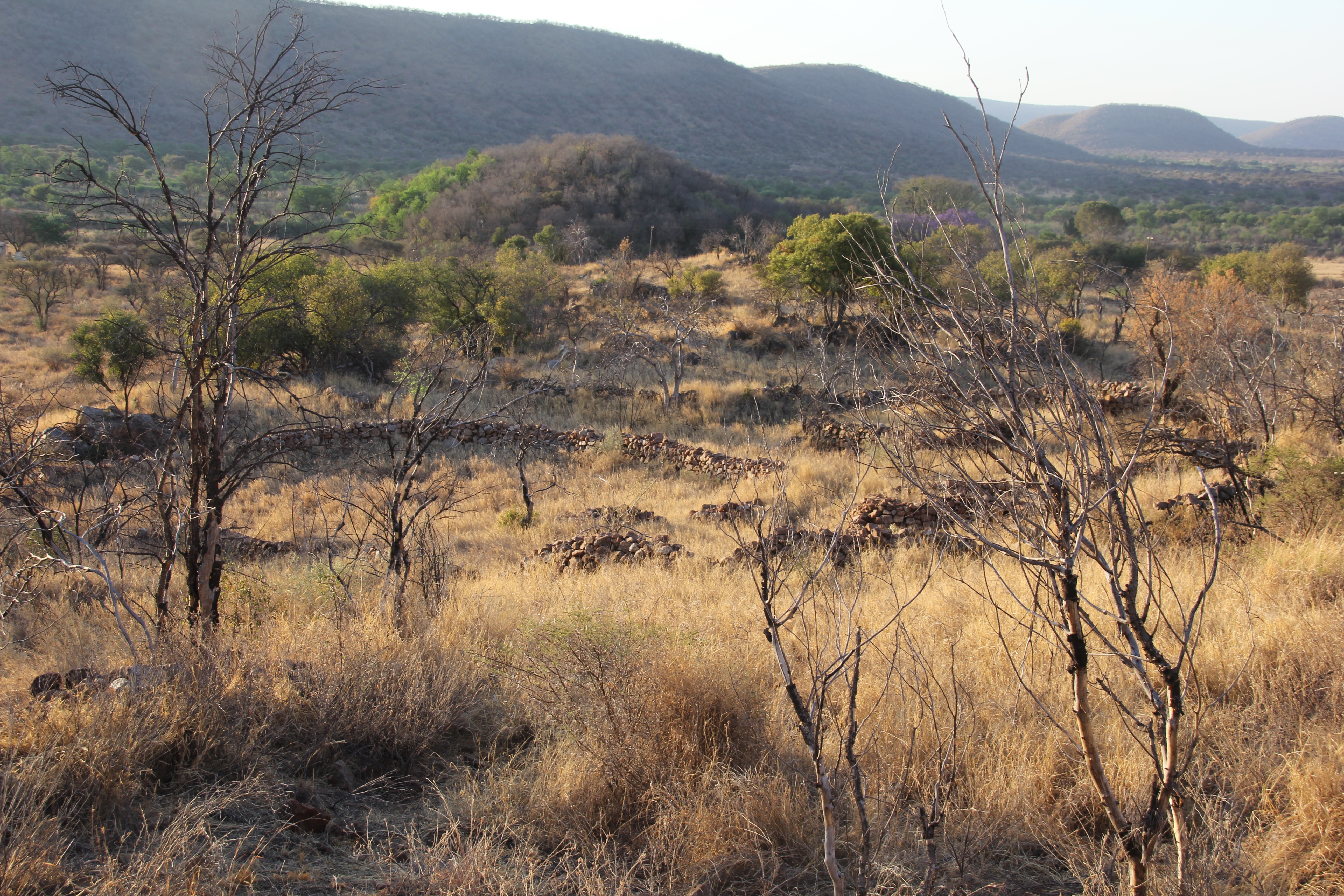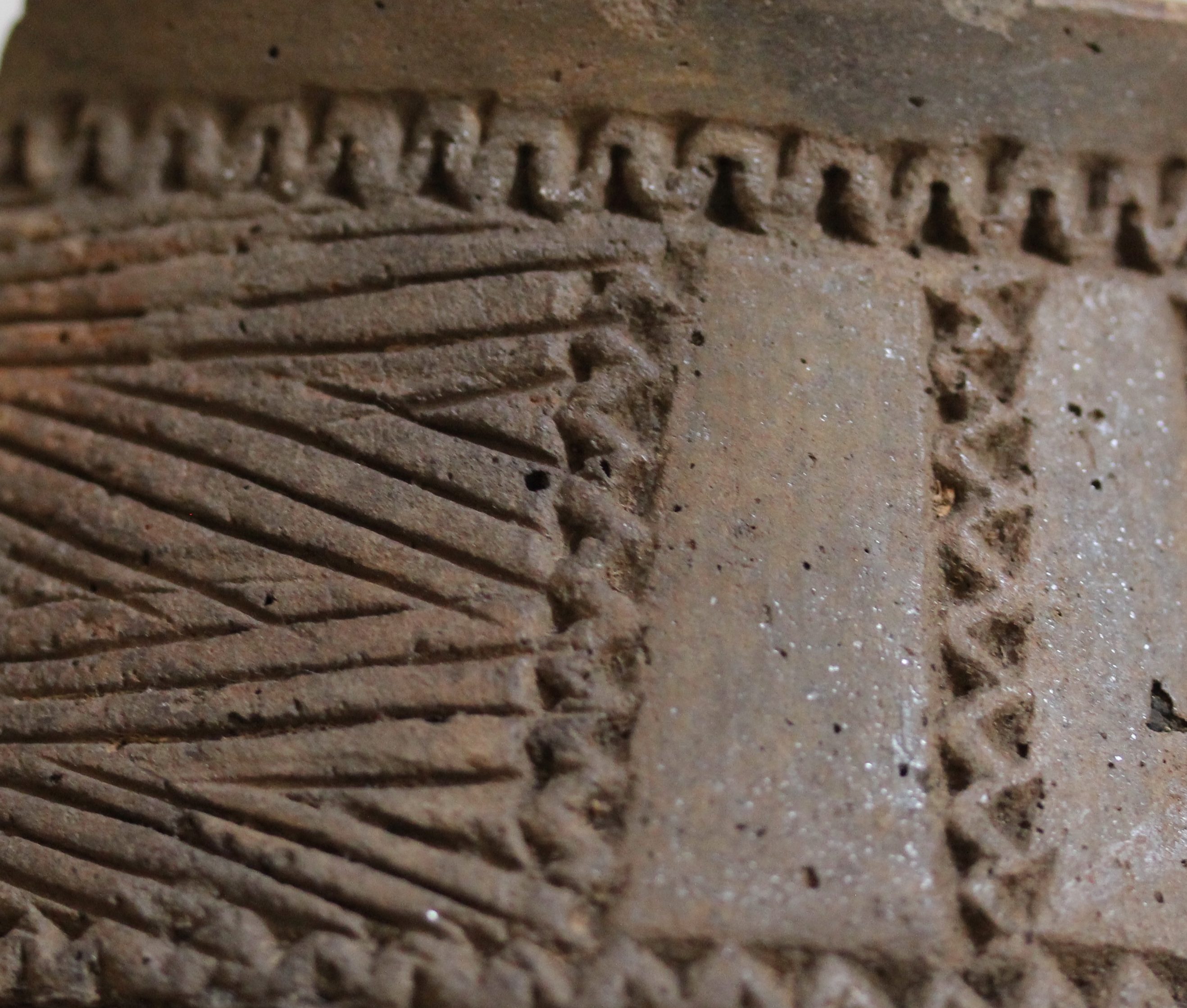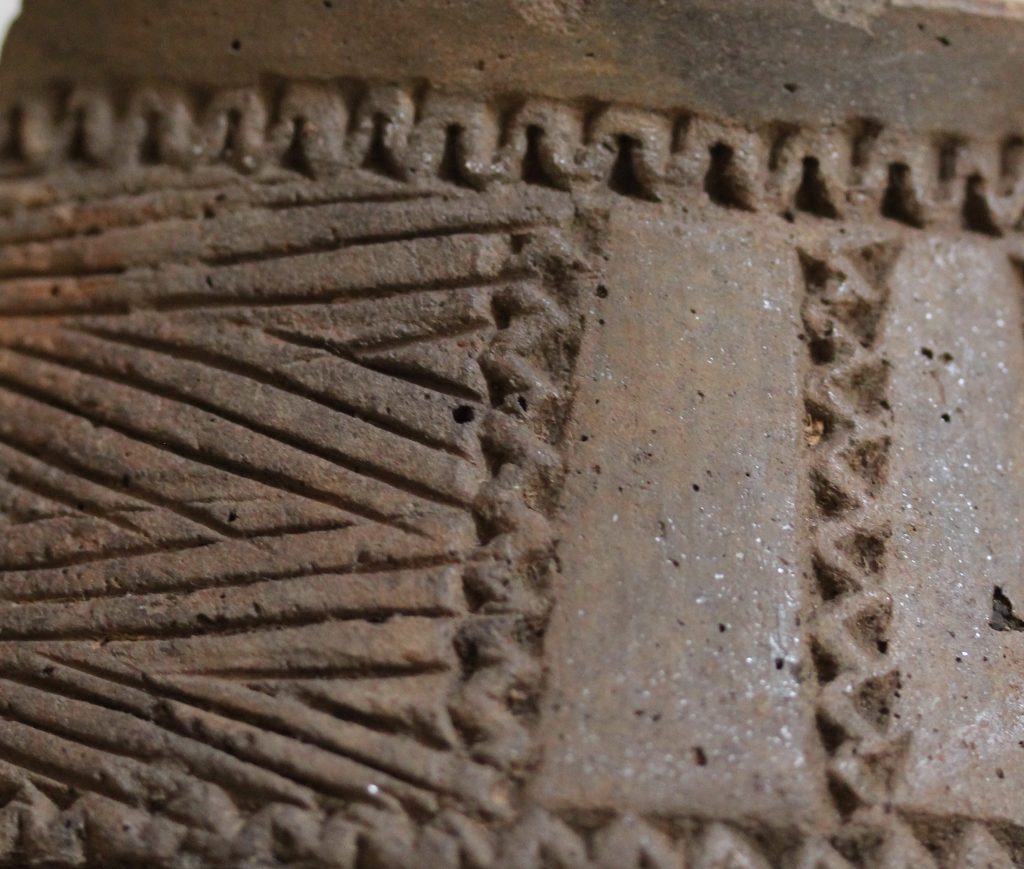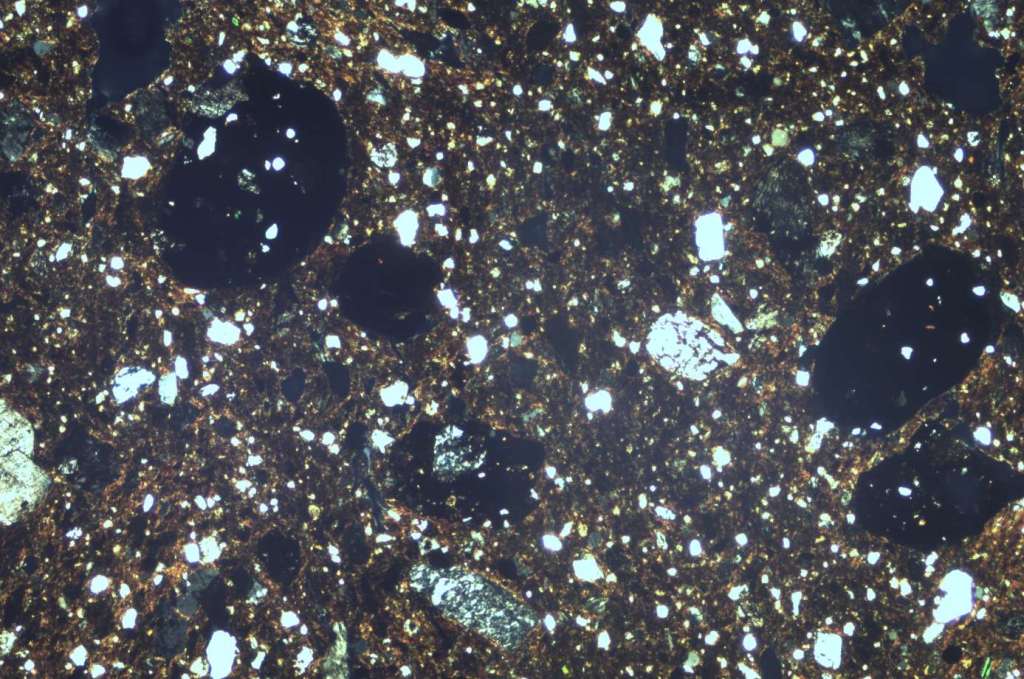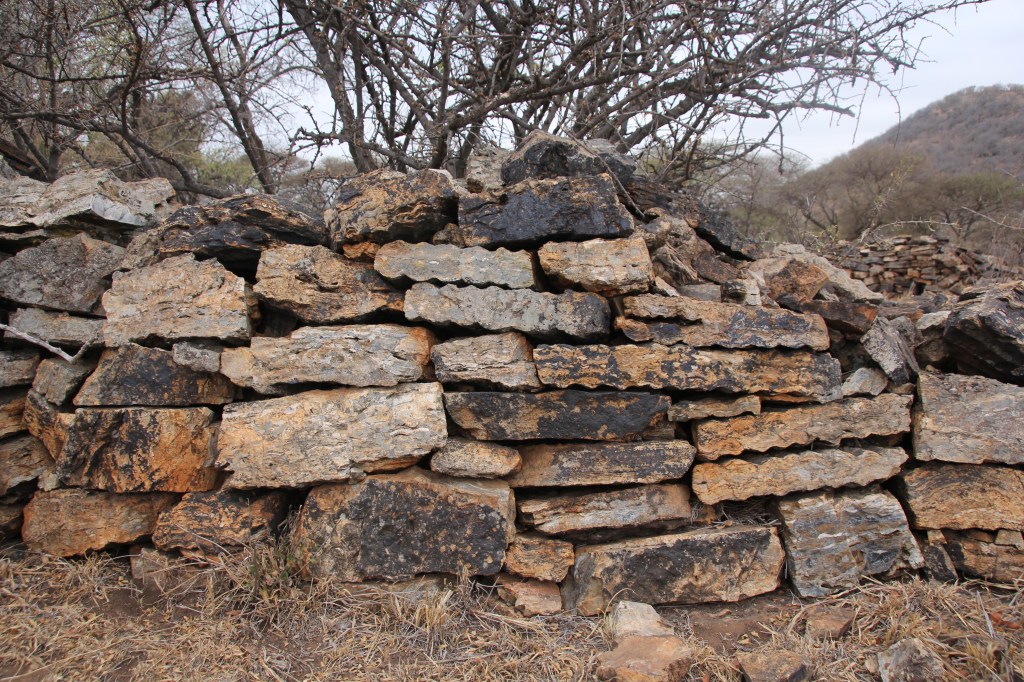ARCREATE.
An archaeology of Creative Knowledge in turbulent times
The ARCREATE project aims to provide a synthesis of two African regions: a millennium in central Africa (AD 500-1500) and a century in southern Africa (AD 1700-1830). Although distant, the regions are historically related through migrations.
The project is driven by a deep discomfort with archaeology’s grand narratives of migration, particularly of the expansions of Bantu-speaking groups from central and southern Africa since the first millennium BC.
By its focus on skilled craft networks dominated by women, the project provides a critical ground-up corrective to traditional top-down grand narratives that trace the movements and interactions of (male) elites.
ARCREATE strives for symmetric collaboration with local African stakeholder communities. ARCREATE challenges preconceived modernist notions about mobility, migration, creativity, and transmission of knowledge in African societies.
key Topics and objectives
In recent years, some have argued forcefully that archaeological practice in Africa has failed the creative communities with whom archaeologists work. The future of archaeology on the continent depends on engaging meaningfully with local communities, the public and policy-makers, if the discipline is not to become a science merely about the past with limited bearing on either the present or the local. ARCREATE relates to stakeholders’ notions of heritage custodianship with an approach that meets current calls for knowledge that anchors understanding of the past in and on Africans’ own terms. In this manner, the project challenges preconceived notions about mobility and migration, creativity and the learning and transmission of skills.

